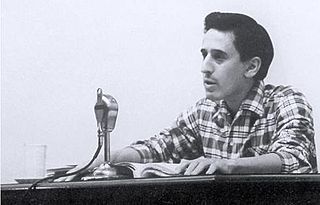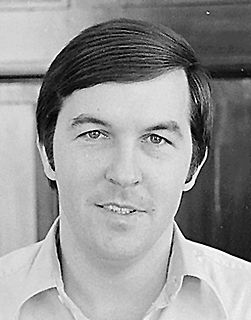A Quote by Millicent Fawcett
If, however, the success of a politician is to be measured by the degree in which he is able personally to influence the course of politics, and attach to himself a school of political thought, then Mr. Mill, in the best meaning of the words, has succeeded.
Related Quotes
Marx set out to resolve the contradictions and to correct the errors in classical political economy. In this he thought he had succeeded very well. Judging by the sound and the fury of the controversy surrounding his interpretations, he either succeeded too well or deluded himself to the success of his enterprise.
No man can do both effective and decent work in public life unless he is a practical politician on the one hand, and a sturdy believer in Sunday-school politics on the other. He must always strive manfully for the best, and yet, like Abraham Lincoln, must often resign himself to accept the best possible.
However little president Obama knows or cares about economics, he knows a lot about politics - and especially political rhetoric. 'High-speed rail' is simply another set of loft words to justify continued expansion of government spending. So are words like 'investment in education' or 'investment' in any number of other things, which serves the same political purpose.
A lot of politics plays at the level of myth, and if you understand that, then you feel like you have access to the secret language of politics. People respond to political characters in archetypal ways. A fun game is to think of a politician and ask, "Which god is that? Are they like Aries? Are they like Athena?".
The character of a child is formed largely during the first twelve years of his life. He spends 16 times as many waking hours in the home as in the school, and 126 times as many hours in the home as in the church. Each child is, to a great degree, what he is because of the ever-constant influence of home environment and the careful or neglectful training of parents. Home is the best place for the child to learn self-control, to learn that he must submerge himself for the good of another. It is the best place in which to develop obedience, which nature and society will later demand.

































